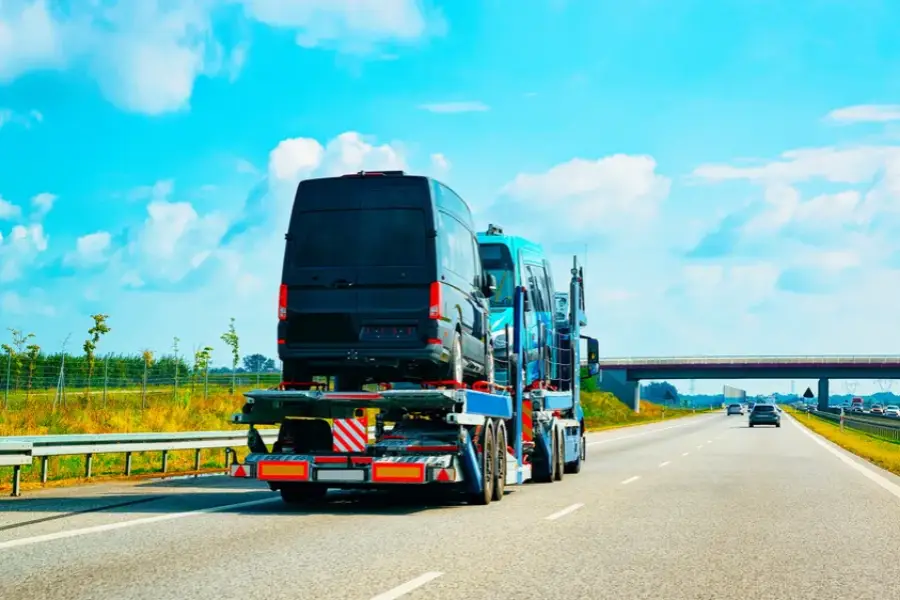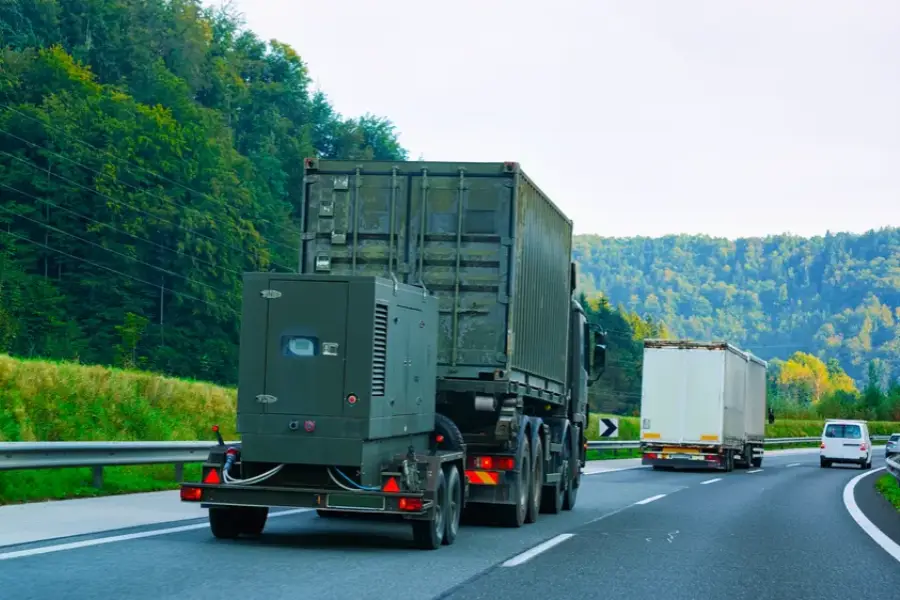Understanding the Obstacles and Solutions for Safe Travels
Long-distance towing involves more than just attaching a trailer and hitting the road. It requires careful planning, understanding of various challenges, and knowledge about how to tackle them. Whether you’re transporting a vehicle across states or moving heavy equipment, there are common hurdles that can disrupt your journey. This guide will explore these challenges and provide actionable advice on how you can overcome them smoothly.
Why Preparation Is Key
When it comes to towing over long distances, preparation is crucial. Without proper planning, you’re likely to encounter problems that could have been avoided. This includes ensuring your vehicle is ready for the trip, understanding weight limits, and knowing your route well in advance. Taking these steps can make your journey safer and more efficient.
Vehicle Maintenance Considerations
A well-maintained vehicle is essential when engaging in long distance towing. Regular checks ensure that your engine, brakes, and tires are in top condition. This reduces the risk of breakdowns during the trip. Make sure to check fluid levels, inspect brake pads, and verify tire pressure before embarking on your journey. These simple steps can save you from major headaches later.
Navigating Weather Challenges
The weather plays a significant role in long distance towing. Rain, snow, and high winds can affect visibility and traction. Always check weather forecasts before leaving. If bad weather is predicted, consider postponing your journey or finding an alternate route. Carry essentials such as chains for snow, as they might become necessary during unexpected weather changes.
Legal Requirements and Regulations
Every state has different regulations regarding towing. Understanding these laws is vital to avoid fines or other legal issues. This includes being aware of trailer weight restrictions, speed limits while towing, and necessary permits. Researching these regulations ensures compliance and keeps you out of trouble.
Safety Practices You Should Follow
Safety should always be a priority during any towing operation. Follow recommended safety practices such as using safety chains, ensuring all lights and signals are working, and distributing weight evenly across your trailer. This not only keeps you safe but also protects others on the road.
- Use safety chains at all times
- Check all lights and signals regularly
- Ensure even weight distribution
The Importance of Insurance Coverage
Having proper insurance coverage is critical when involved in long distance towing. It protects against potential damages or accidents that could occur during transit. Ensure your policy covers towing activities and check if additional coverage is needed for specific types of cargo or routes.
Managing Costs Effectively
Towing over long distances can be expensive. Fuel costs, maintenance, and tolls add up quickly. To manage these expenses, plan your route carefully and seek out cost-effective options for fuel and accommodations. Consider joining fuel discount programs or using apps to find cheaper gas stations along your route.
Final Thoughts on a Smooth Towing Experience
Ensuring a smooth long-distance towing experience involves thorough preparation and attention to detail. By addressing common challenges head-on, you can avoid unnecessary stress and arrive safely at your destination. For professional assistance with your towing needs, contact A-9 Towing - Union City at (510) 779-0190. Our expert team based in Union City, CA is ready to support you with reliable services tailored to your requirements.

